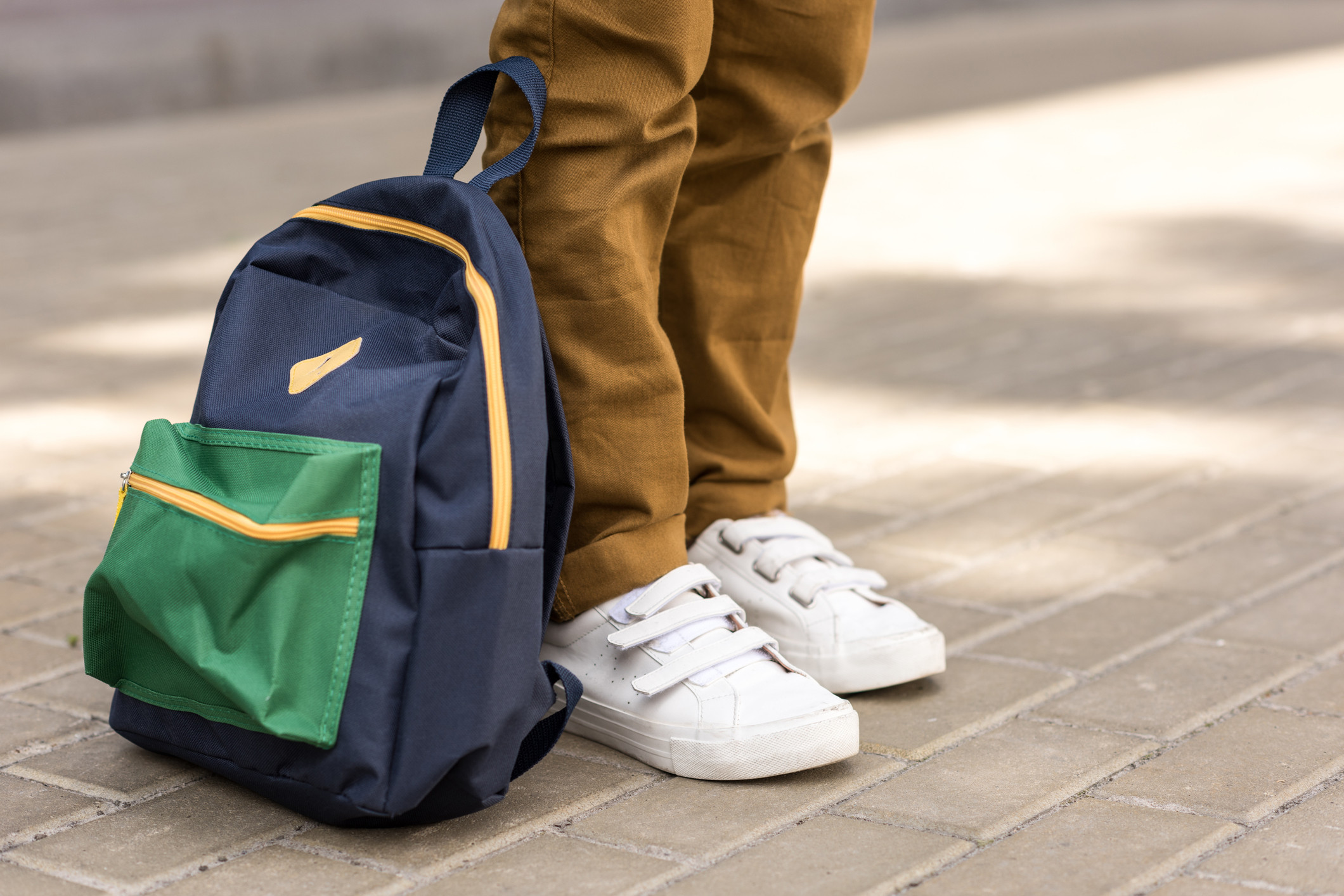Harvard Health Blog
Back to school anxiety

Heading back to school sparks an upswing in anxiety for many children. The average child's school day is packed with potential stressors: separating from parents, meeting academic expectations, managing peer groups, and navigating loud, crowded school hallways and cafeteria, to name just a few of many challenges. That's why it's typical for children to experience some anticipatory anxiety leading up to the new school year — and for parents to notice a rise in worries. For example, your child might ask questions about what her new classroom or teacher will be like, worry about having all of his school supplies ready, or have mild trouble falling asleep in the days leading up to the start of school.
Signs of back to school anxiety
But for some children — and particularly for children who already struggle with anxiety or have anxiety disorders — the return to school can be very stressful. Their behavior can reflect this. Examples of behaviors that suggest your child is experiencing above-average anxiety around the return to school include:
- Continually seeking reassurance or asking repeated, worried questions despite already receiving an answer. "What if my friends are not in my class? When will I see them? What if I don't have anyone to sit with at lunch because I have no friends? Will I be okay?"
- Increased physical complaints, such as headaches, stomachaches, and fatigue in the absence of an actual illness.
- A significant change in sleep pattern, such as taking an hour to fall asleep when a child normally goes to sleep quickly, or waking you up with worries during the night when a child typically sleeps well.
- Avoiding school-related activities, such as school tours, teacher meet-and-greets, or avoiding school itself once the year starts (a topic that will be covered in an upcoming post).
Here is how parents can help with back to school anxiety
- Approach anxiety instead of avoiding it. It's natural to want to allow your child to avoid situations that make her anxious, or reassure her that her worries won't come true. However, this can actually contribute to a vicious cycle that reinforces anxiety in the long term. Instead, acknowledge your child's emotion and then help her think through small steps she might take to approach, rather than avoid, her worries. For example, you might say, "It sounds like you're feeling anxious about riding the school bus by yourself. Would you be up for checking out the bus stop with me this afternoon?" Give lots of attention and praise to any "brave" behaviors rather than to her anxiety. "I love how willing you were to take the bus this morning! Great job pushing back on the worry bully!"
- Practice school routines. For example, before the start of the year, you and your child might do a school day walk-through of the morning routine: waking up, eating breakfast, packing his school bag, and traveling to school. School tours or meet-and-greet days can be great opportunities to practice navigating the school environment and tolerating any anxiety in a low-stakes situation. After practice runs, debrief with your child on successes and challenges. Support your child in problem-solving around difficult points. For example, if he worries that he will have trouble finding his new classrooms, help him think through who he could ask for assistance if that occurs.
- Model behavior you'd like to see. When an anxious child refuses to get onto the school bus or has a tantrum about attending school, it's natural to feel frustrated, harried, and anxious yourself. However, try to model the calm behavior you would like to see in your child. Take deep breaths from your belly. Remind yourself that your child's behavior is being driven by anxiety. If necessary, step away from the situation to take a few minutes to breathe and engage in a mindfulness strategy, such as counting all of the objects of a certain color or shape in the room around you.
- Ensure enough sleep. The shift from a summer wake-up schedule to the school year wake-up time can be very challenging for many children, particularly preteens. Fatigue and crankiness from not getting enough sleep can make children much more vulnerable to anxiety. To combat this, consider moving your child's wake-up time earlier and earlier in short increments in the weeks leading up to the start of school. Additionally, leave screens (TV, phone, computer) outside the bedroom at night.
When to seek additional help
If a child's worries about the return to school start to interfere with his or her ability and willingness to attend school or participate in other normal activities, such as camp, beloved sports, or playdates, consider consulting with a licensed mental health professional who specializes in child anxiety. Your pediatrician, school guidance counselor, or health care plan may be able to recommend experts in your area. The Association for Behavioral and Cognitive Therapies and the American Psychological Association also offer online search tools for mental health professionals who can help.
About the Author

Julia Martin Burch, PhD, Contributor
Disclaimer:
As a service to our readers, Harvard Health Publishing provides access to our library of archived content. Please note the date of last review or update on all articles.
No content on this site, regardless of date, should ever be used as a substitute for direct medical advice from your doctor or other qualified clinician.















